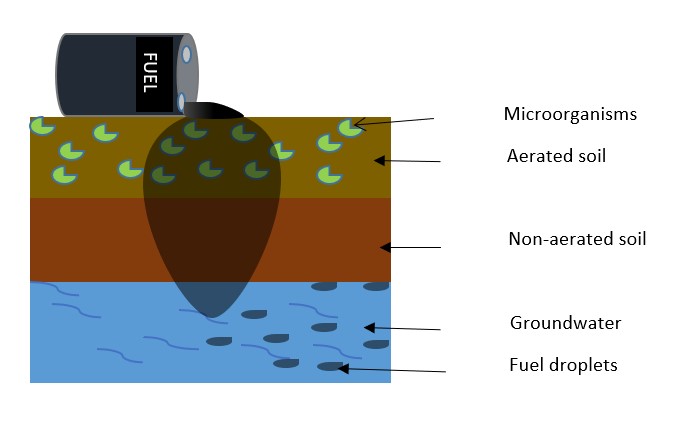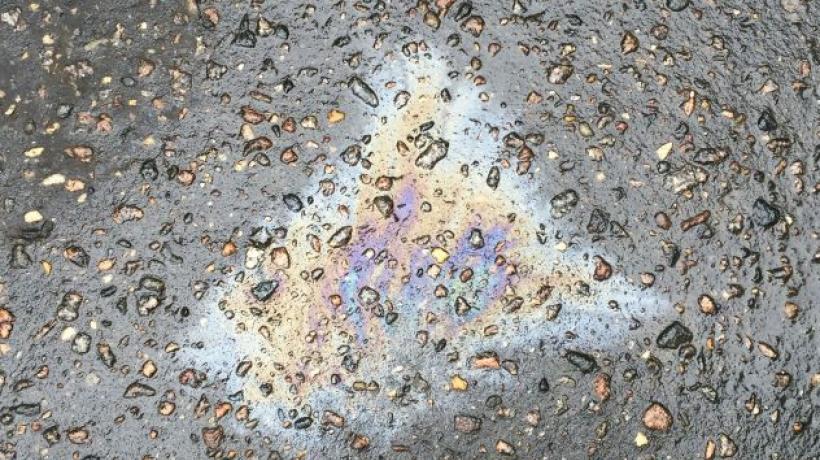“Hey, don’t pour that on the ground!”
“Why? It won’t hurt anything.”
Can you guess what the conversation is about? To find out, continue reading…
Many people have done it by accident, or on purpose and any person that drives a vehicle, operates a watercraft, uses a lawnmower, chainsaw, etc. uses this product. Today I’m going to provide you with some information on why you shouldn’t pour or spill “it” on the ground and especially not in the water!
Yes, I am talking about Petroleum Products, e.g. (gasoline, diesel fuel, engine oil, transmission fluid, etc.). The list is too long to mention all of the products.
In very small amounts, Mother Earth can deal with petroleum products alright, but in large amounts, it’s like drowning her. The ecosystem can be severely altered with large petroleum spills. A large spill could be considered anything from a few millilitres to a litre or more, depending on whether the spill takes place on land or in water.
On land, petroleum products seep into the ground and tiny microorganisms will eat the product if it is a small enough amount. However, these microorganisms only live in the top few centimeters of the soil where there is oxygen for them to breathe.

When the spill is large the product will seep through the soil and go further down to the groundwater level which is a dangerous situation. At this point, petroleum products will travel with the groundwater contaminating everything in its path, so you can guess what would happen if petroleum products were to be directly released into the water e.g. (lakes, rivers, ditches, etc.).
These water sources are constantly moving meaning a single spill or leak could potentially contaminate hundreds of kilometres of water and shorelines.
The Ontario First Nations Technical Services Corporation (OFNTSC) provides Fuel Systems Management training to all members and employees of our First Nations communities so we can do our best to prevent spills before they happen!
”If everyone was trained in proper Fuel Handling, I would not look like this.”
Our Fuel Systems Management training equips fuel handlers with a better understanding of proper fuel handling, federal regulations, provincial regulations, operation and maintenance of fuel sites, and more.
Please do your part to protect Mother Earth and water life. Register for one of our Fuel Handler Training sessions today at www.ofntsc.org/fuel.
